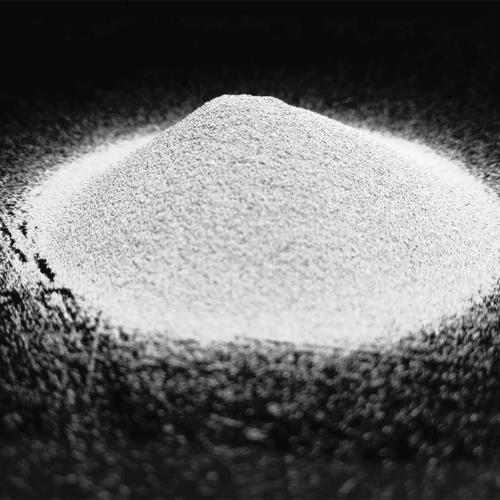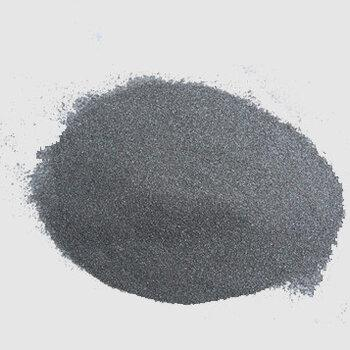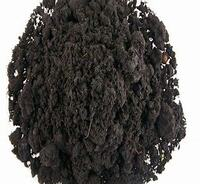1. Introduction
As of June 2024, global demand for advanced metal powders has surged due to rapid growth in aerospace and medical additive manufacturing. Just 48 hours ago, industry reports confirmed a 7% year-over-year increase in titanium powder price per kg, driven by supply chain constraints and rising energy costs in gas atomization processes. If you’re exploring how to buy titanium powder—or wondering why titanium powder for 3D printing price tags vary so widely—you’re not alone.

Whether you’re an engineer sourcing ti64 powder for prototyping, a researcher comparing tio2 nano powder with pure titanium powder, or a hobbyist curious about titanium flash powder, understanding costs, grades, and reliable suppliers is essential. This guide walks you through everything you need to know—from titanium powder uses to avoiding counterfeit or unsafe batches.
2. Understanding Titanium Powder Types and Their Uses
Not all titanium powder is created equal. The right type depends entirely on your application.
- Pure titanium powder: Used in chemical processing and biomedical implants due to its corrosion resistance.
- Ti6Al4V powder (also called ti64 powder): The most common titanium alloy powder for aerospace and medical 3D printing.
- Spherical titanium powder: Essential for smooth flow in laser powder bed fusion; made via gas atomized titanium powder techniques.
- HDH titanium powder: Cheaper but irregularly shaped; often used in pressing and sintering, not ideal for additive manufacturing.
- Titanium nitride powder, titanium carbide powder, and titanium diboride powder (TiB2): Used in cutting tools, coatings, and wear-resistant composites—not for printing.
Note: Titanium dioxide powder (TiO2 powder) is chemically different—it’s an oxide used in sunscreens, paints, and food, not a metal powder for structural use.
3. How Much Does Titanium Powder Cost?
Titanium powder price varies dramatically based on purity, particle size, morphology, and volume. As of mid-2024:
- Pure titanium powder: $80–$150 per kg
- Ti6Al4V powder price: $120–$300 per kg
- Spherical titanium powder for 3D printing: Often exceeds $250/kg due to stringent quality control
- Titanium nanopowder or tio2 nano powder: Can cost $500+/kg for research-grade material
Factors affecting titanium metal powder price include production method (gas atomized vs. HDH), oxygen content (<1000 ppm preferred for printing), and certifications (AMS, ASTM).

Be cautious of unusually low titanium powder for sale listings—they may be mislabeled, oxidized, or contaminated with titanium dust, which poses fire and health risks.
4. Where and How to Buy Titanium Powder Safely
Buying titanium powder isn’t like ordering office supplies. Safety, traceability, and technical specs matter.
Step 1: Define your needs. Are you using it for titanium powder additive manufacturing? Then you need spherical, low-oxygen ti6al4v powder. For metallurgy experiments? HDH might suffice.
Step 2: Choose a reputable titanium powder supplier. Look for ISO-certified companies with material test reports (MTRs). Avoid unknown marketplaces without batch documentation.
Step 3: Request samples before bulk orders. Test flowability, particle size distribution, and chemistry.
Step 4: Confirm shipping compliance. Titanium powder is classified as flammable solid (UN3178)—international titanium powder shipments require special handling.
Trusted suppliers often also carry related materials like molybdenum powder, tungsten powder, and their derivatives (e.g., mos2 powder, ws2 powder), useful for high-temp or lubrication applications.

5. Related Powders: Molybdenum and Tungsten
Many users sourcing titanium powder also explore molybdenum and tungsten alternatives for high-density or refractory applications.
Molybdenum powder (moly powder) is used in furnace parts, electronics, and as an alloying agent. Common forms include molybdenum disulfide powder (for dry lubrication), tzm powder (titanium-zirconium-molybdenum alloy), and ferro molybdenum powder for steelmaking. Molybdenum powder price ranges from $40–$100/kg depending on purity.
Tungsten powder (wolfram powder) offers extreme density and melting point. Spherical tungsten powder is used in radiation shielding, while tungsten carbide powder is vital for cutting tools. Tungsten powder price per kg starts around $35 but can exceed $100 for nano or fused tungsten carbide powder. Global Tungsten & Powders Corporation remains a major player in this space.
Never substitute these without verifying compatibility—each has unique sintering behavior, toxicity profile, and handling requirements.
6. Safety and Storage Tips
Titanium powder is combustible—fine titanium dust can ignite spontaneously in air, especially if <45 microns. Always store in argon-filled containers away from oxidizers.
- Use grounded equipment during handling
- Avoid sparks, open flames, or static discharge
- Wear PPE: respirator, gloves, and eye protection
Burnt titanium powder coat residues are difficult to remove—prevention is better than cleanup. Similarly, never mix titanium powder with strong oxidizers unless under controlled conditions (e.g., pyrotechnic formulations like titanium flash powder, which require expert handling).
7. Conclusion
The titanium powder price per kg reflects its complexity, performance, and safety demands. Whether you’re investing in titanium 3D printing powder for aerospace parts or comparing ti powder price against molybdenum metal powder for industrial use, always prioritize certified suppliers, proper documentation, and safe handling protocols. With additive manufacturing expanding rapidly, knowing how to navigate the titanium powder market is more valuable than ever.
Our Website founded on October 17, 2012, is a high-tech enterprise committed to the research and development, production, processing, sales and technical services of ceramic relative materials such as How. Our products includes but not limited to Boron Carbide Ceramic Products, Boron Nitride Ceramic Products, Silicon Carbide Ceramic Products, Silicon Nitride Ceramic Products, Zirconium Dioxide Ceramic Products, etc. If you are interested, please feel free to contact us.
